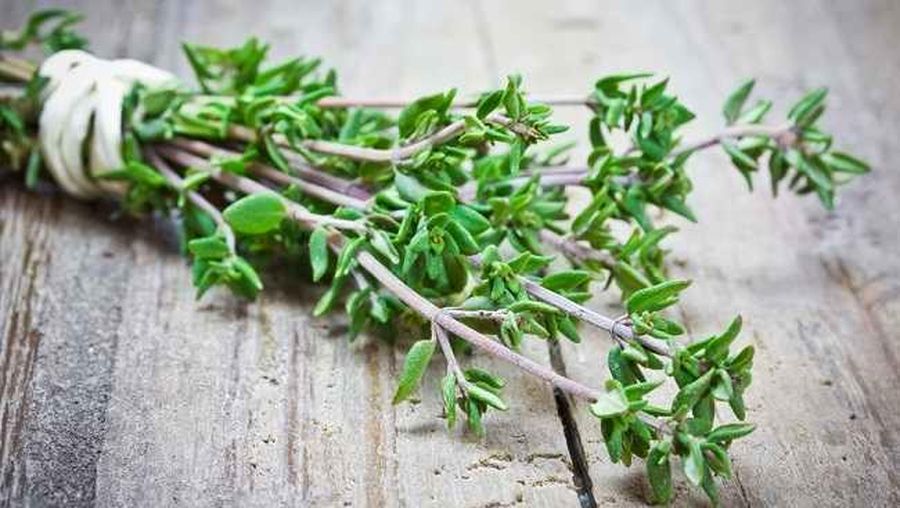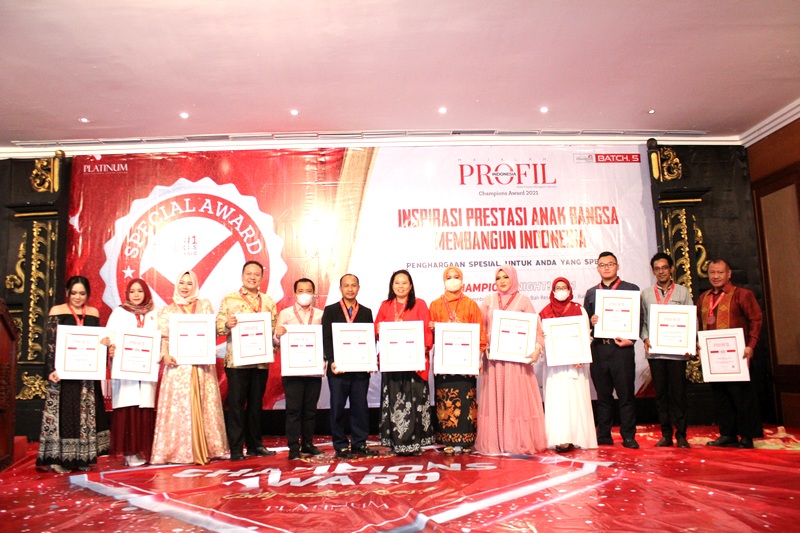Jakarta, Indonesia – Indonesia is emerging as a surprising force in the global herb trade, with thyme becoming one of its most sought-after exports. Once overshadowed by classic spices like cloves and pepper, thyme is now gaining strong traction in both culinary and health sectors across Asia and Europe.
According to data from the Central Statistics Agency (BPS), Indonesia’s thyme exports reached US$123,778 in 2024, a sharp increase from US$89,415 in 2023. Japan dominated demand with imports worth US$66,726, followed by South Korea (US$16,608). Other consistent buyers include the Netherlands, Taiwan, and Australia.
The appeal of thyme (Thymus vulgaris) lies in its distinctive flavor profile—herbal, slightly spicy, and warm—making it a staple in European and Middle Eastern cuisines. From roasted meats and pasta sauces to soups and marinades, the herb has become essential in kitchens worldwide.
Beyond the kitchen, thyme’s medicinal and cosmetic value is also fueling demand. Traditionally used as an antiseptic since ancient Egypt, modern research supports its antibacterial and antifungal properties. It is widely used to ease coughs, strengthen immunity, and as a natural preservative.
The cosmetic industry is increasingly turning to thyme essential oil as an active ingredient in skincare and haircare. Its effectiveness against acne, oily skin, and dandruff has made it especially popular in Japan and South Korea, where consumer demand for natural products continues to grow.
Indonesia holds a competitive edge in the thyme market thanks to its tropical climate, which produces a more intense flavor compared to thyme from temperate regions. Advances in drying and processing techniques have further boosted quality, positioning Indonesia as a serious global supplier.
Industry analysts note that with the rising global appetite for herbal and plant-based products, Indonesia’s thyme sector could become a new export star. Strengthening quality assurance, pursuing organic certifications, and developing value-added products are seen as key steps to expanding market share.
As global consumers embrace healthier lifestyles and natural alternatives, Indonesia’s thyme may soon stand alongside the country’s historic spice exports—this time as a modern commodity bridging tradition, wellness, and global trade.






